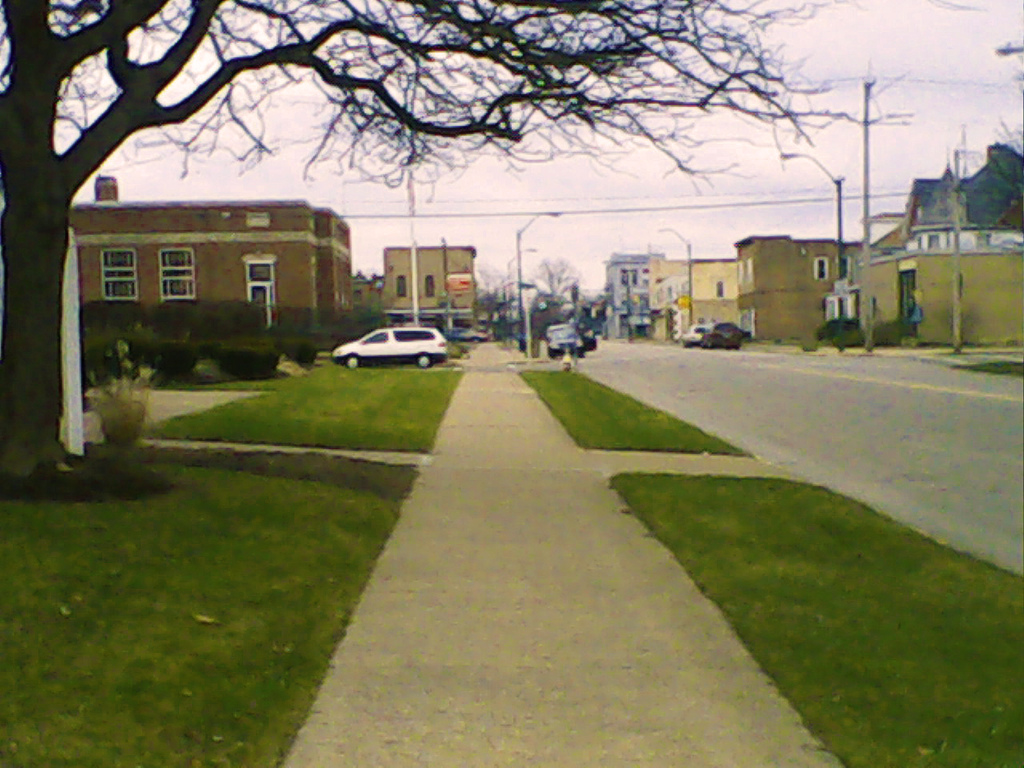Many poets, including myself, struggle to find inspiration. What kinds of situations produce the best poems? Are there certain topics that are naturally more poetic than others? What conditions are best for writing poetry?
As I explain below: the answers to such questions might be more complex, and more simple, than you might think.
Finding Your “Triggering Town”
In his book, The Triggering Town: Lectures and Essays on Poetry and Writing, Richard Hugo writes that a poem actually has two different subjects:
- The triggering subject
- The actual subject
The trick, he says, is realizing that the subject that inspires you to write a poem is not the actual subject of your poem. The actual subject of your poem is the one that develops as you write the poem.
Both are important, however. In his own work, for instance, small towns often triggered poems for him, so he kept lists of all the small towns he passed through. These towns weren’t the be-all-end-all of his work, however. His work, as anyone who has read him will know, ranges from themes as broad as death, betrayal, lust, and the desperation of small town life.
Below I present 3 poetry writing tips for finding your own personal triggering towns.
Tip #1: Discover Your Triggers
Writing poetry is a mysterious process. You never know when inspiration will strike. When it does, however, you should pay attention to where it comes from. In my own work, landscapes play a big role. My notes about possible poems often feature some kind of landscape imagery: a mountain range, the name of an odd geological formation, even an old nature photograph I’ve found.
I take these notes not because they will all turn into poems, but because I’m trying to cultivate the conditions that tend to inspire the best poems for me. These triggering subjects are unique to everyone, however. Perhaps it’s music that inspires you to write or lines from novels or doing the laundry. The point is to pay attention to inspiration when it strikes so that you never miss a trigger.
Tip #2: Create Rules for Good Poetry
Another suggestion Hugo makes is to create a list of rules for writing good poems. You can start by looking at all your favorite poems: what do they have in common? What conventions do they follow? Then you can create your own list of conventions.
Hugo warns that this list should be arbitrary, however: if you set out to write a good poem, you will fail, because you won’t be discovering the poem as you write it. The should be quirky. One of his most well-publicized rules, for instance, was never to use semi-colons, because “they’re ugly.”
Should no one use semi-colons in poetry? That’s silly. But Hugo’s rule was never to use them. These idiosyncratic rules are what make a poet’s work unique and interesting. They are the quirks that keep readers coming back for more.
Tip #3: Let the Language Lead You
Hugo also says that the language of a poem will lead you to the poem’s actual subject. I have found this to be true in my own work. Many times when I am struggling to get a poem from started to written to finished, I ask myself where the language of the poem wants to go next.
Phillip Levine likened this surprising quality of poetry to syncopation in jazz: each line is a surprise to the reader. It’s something unexpected. Each line is a new twist on the central theme of the poem.
I’ve even gotten to the point after years and years of practicing syncopation as I write, that when I find myself writing in too much of a linear, logical fashion, I will often insert a space between the most recent line I’ve written and the lines before it. In this space, I try to write something surprising, even to me. I carry on with this process, trying to surprise myself and take the poem in new directions, until I feel it’s finished, until I feel like it’s gone all the places it can
Mostly: Write
Hugo was also a firm believer in the power of writing. He believed poets basically write the same poem over and over again and simply try to make it better each time. Some poets make it a habit to write every single day. I’ve never been that regimented. Well, I have for brief periods, but I’ve found that those periods didn’t produce my best work.
The point is to develop a regular writing ritual. Because poetry is not my day job, I write a lot on weekends. During the week I write down any notes that come to mind, but don’t really focus on developing actual poems until I get a block of time, typically on a Saturday or Sunday.
You need to figure out what works best for you. Whatever it is, try to refine it without squelching it. Inspiration is a living, breathing process. Too much structure and you’ll kill it. No commitment and it will die on the vine.
